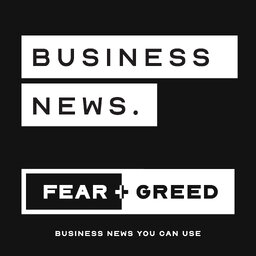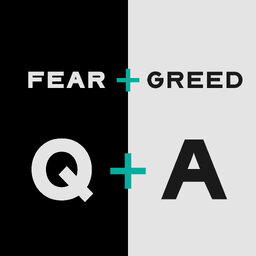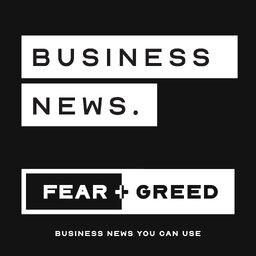Interview: Could this be the future of financial markets?
ASX dumping its $250 million replacement of the CHESS system has brought a lot of attention to the technology underpinning markets.
One of the other players in this space is FinClear, Australia’s leading independent technology and infrastructure provider for financial market access.
David Ferrall, founder and CEO of FinClear, tells Sean Aylmer how FinClear has developed FCX - Australia’s first unlisted company securities platform.
In 1 playlist(s)
FEAR & GREED | Business News
Daily business news for people who make their own decisions, with business journalist Sean Aylmer an…Social links
Follow podcast
Recent clips

RBA: rate hike is ‘live’; richest radio show collapses; Google v Apple in smartphones
17:15

Q+A: ChatGPT was just the beginning. Now the real disruption starts.
12:18

Afternoon Report | ASX down 1.3pc on Iran, inflation fears
05:20
 FEAR & GREED | Business News
FEAR & GREED | Business News